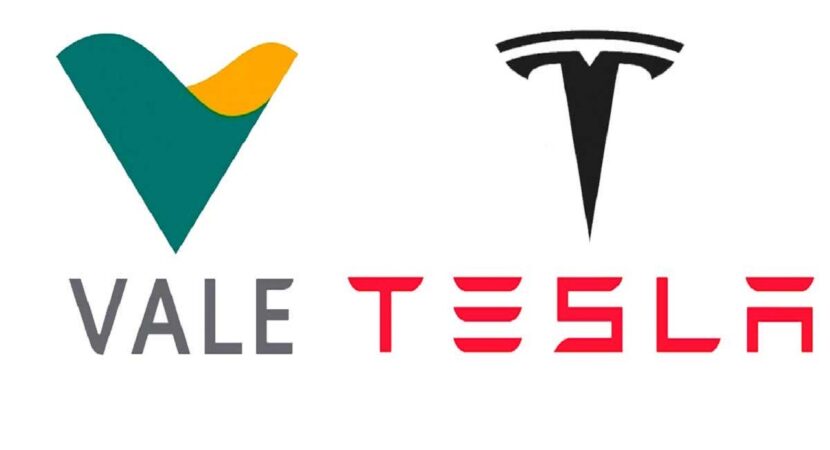
Elon Musk's electric car maker Tesla and mining company Vale struck a secret deal during the nickel boom. The deal, which has not been announced, covers much of Canada's nickel.
The invasion of Ukraine has heightened unrest among electric car makers over the supply of nickel, a crucial ingredient for producing electric vehicle batteries, as Russia is one of the world's biggest producers. Tesla, Elon Musk's company, closed this Wednesday (30), an agreement with Vale for the supply of nickel. The deal, which has not been announced, covers nickel from Canada.
Tesla focuses on the nickel market to ensure supply in the production of electric car batteries
Unlike most automakers, Tesla has spent years focusing on how to secure its own nickel supplies. The efforts are part of CEO Elon Musk's focus on vertical integration to maintain control over Tesla's supply chain.
The company jointly operates a massive battery cell plant outside Reno, Nevada, with Japan's Panasonic Corp. Tesla buys cells from other leading suppliers, but it also manufactures its own. And the company is constantly pushing for advances in the way raw materials are processed and batteries are manufactured.
In a 2020 presentation, executives talked about shortening the mine-to-cathode processing path. “What Tesla has done with nickel is a hidden competitive advantage,” said Gene Munster, managing partner at Loup Ventures. “Tesla continues to be a few steps ahead of the rest,” adds the expert.
Sanctions against Russia are expected to increase the electric car battery industry's demand for nickel to around 1,5 million tonnes by 2030
Musk has repeatedly signaled the supply of nickel as the company's biggest concern, as increasing production, and the availability of the metal, is a way to get ahead of potential competitors across the electric vehicle sector. Battery industry demand for nickel is expected to jump to around 1,5 million tonnes in 2030 from 400.745 tonnes this year, according to the BloombergNEF.
“Please mine more nickel,” Musk urged producers on an earnings call two years ago. “Tesla will give you a giant contract for a long period of time if you mine nickel efficiently and in an environmentally friendly way,” adds the entrepreneur. Sanctions against Russia for its invasion have added to the mineral's urgency, as the country holds about 17% of global capacity for refined Class 1 nickel, the type needed for electric vehicles. Since the February 24 attack on Ukraine, the price of nickel has risen by 30% through March 29 on the London Metal Exchange.
Prices tripled in two days during this period under the pressure of the war, although much of that advance was reduced. The market may calm down if there are signs that the war will end.
"The nickel price increase and the implications of the Russia-Ukraine invasion are likely to prompt battery manufacturers, particularly in the US, to secure alternative supply chains,” according to a BloombergNEF report.
Tesla and mining company Vale deal
Tesla's deal with Vale is one of several the automaker signed last year. In January, the Austin, Texas-based electric vehicle maker committed to purchase 75.000 metric tons of nickel concentrate from a Talon Metals Corp project. which is being developed in Minnesota. This followed deals with the BHP Group, the world's largest mining company, for material from Australia. Tesla also has an agreement with operators of a nickel mine on the South Pacific island of New Caledonia.
"People don't realize how far ahead Tesla is when it comes to securing the raw material supply chain and an integrated approach to battery materials," said Todd Malan, spokesman for Talon Metals. Vale said it has plans to increase its sales to the electric car market to 30% and 40%. The Brazilian mining company did not specifically comment on its agreement with Tesla. Tesla did not respond to requests for comment from US portals.
Nickel is a key component for cathodes in electric vehicle batteries, and Tesla is focused on nickel-based chemistries for vehicles with good range. Elon Musk's company uses iron phosphate for short-range vehicles.

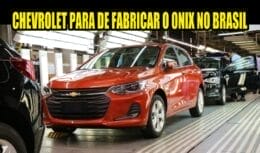
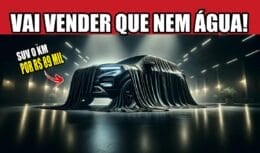
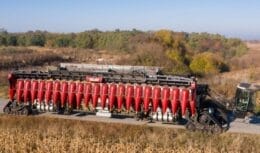
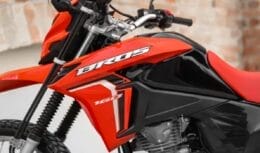
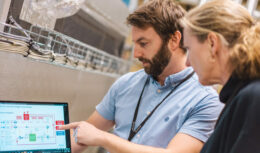


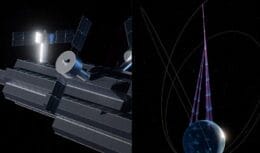
If it were with Hamas you would be…
If it were with Hamas you would be…
And that’s not far from…
Why not a partnership, as soon as…
And to maintain this new fleet a…
Send it urgently to Ukraine!
Let them do less politics, and if…
We have our sovereignty, the Brazilian government does not…